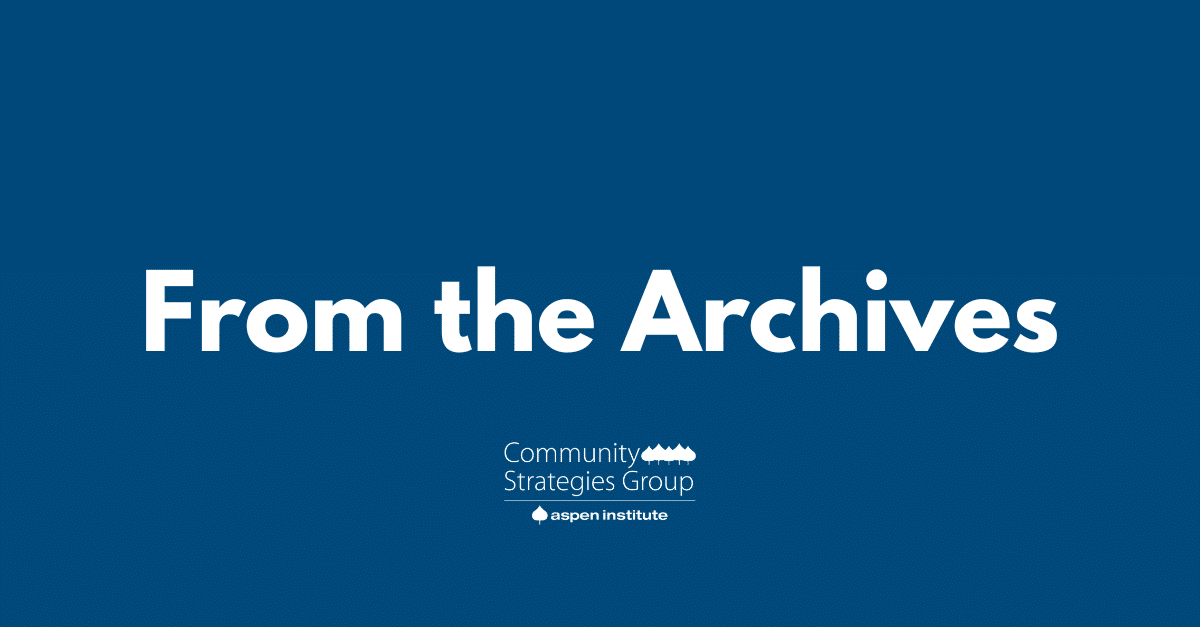View this Publication
This report, “A New Vision of the Heartland: The Great Plains in Transition,” prepared by the Center for the New West in March 1992, examines the economic, social, political, and cultural dynamics of the Great Plains region. Funded by The Ford Foundation and the Aspen Institute, it challenges traditional views of decline in the Great Plains, arguing that perceived decline is often a misinterpretation of turbulent change. The report advocates for a “people-centered approach” to economic indicators, focusing on factors like health outcomes, entrepreneurship, education, and mobility, rather than solely on population, income, and employment. It highlights that traditional measures often fail to capture the nuances of the “New Economy,” which is characterized by global competition, information intensity, and innovation.Key “Transformational Themes” discussed include:
- Adapting to the New Economy: Emphasizes that successful communities are innovating, adding value to agriculture, fostering small businesses, embracing technology (especially telecommunications), and engaging in global trade and tourism.
- A Changing Role for Government: Suggests that government’s role is shifting from a primary resource provider to a catalyst, mobilizer of resources, and cheerleader, with increased importance placed on local civic leadership and self-help initiatives.
- Interdependence of Community and Economic Development: Argues for an integrated approach where investments in quality of life (health, education, basic services) directly contribute to economic vitality, and vice versa. It notes that successful small communities are often pragmatic and collaborative.
- Relationship Between Community and Place: Describes a shift from a traditional “central place hierarchy” to an “archipelago society” model, where communities are connected in networks across time and space, with technology diminishing the importance of physical location.
The report concludes that understanding and adapting to the “New Economy Revolution” is crucial for the future of the Great Plains. It provides insights and impressions rather than definitive conclusions, aiming to stimulate new perspectives and collaborations for improving community life in the region.








